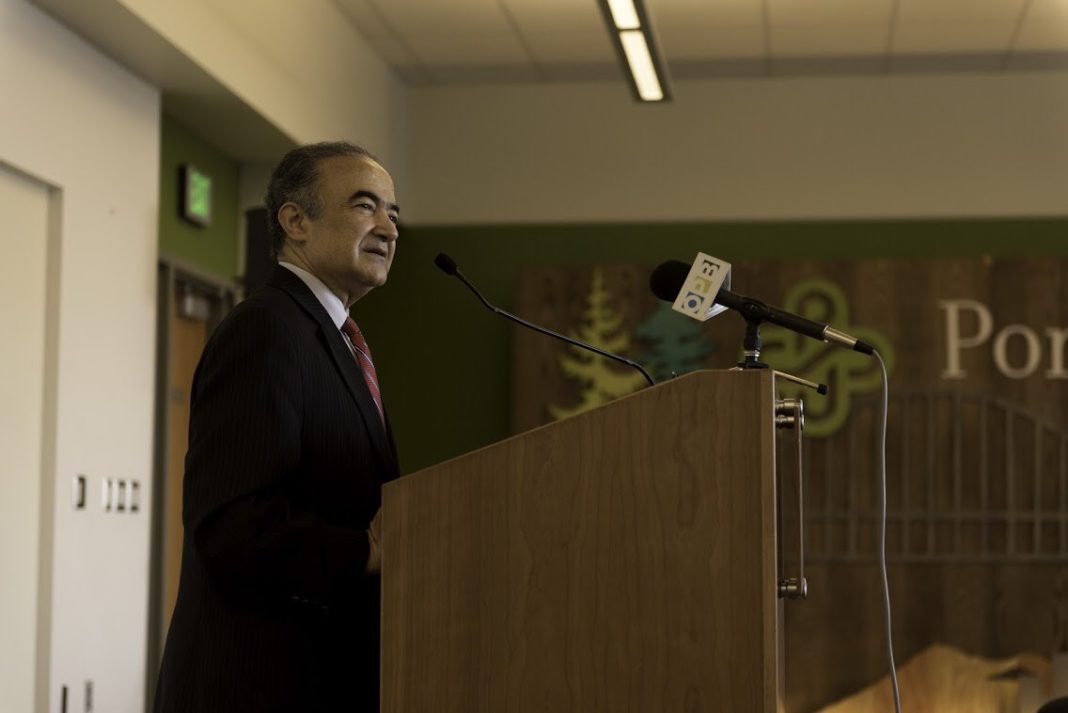Joel Mowbray
With the continual threat of terrorism, the specter of a national ID card has reared its ugly head again, this time in the form of an innocuous-sounding “trusted-traveler” program.
The U.S. Department of Transportation is currently considering plans for an ID card to be used initially by frequent fliers on a voluntary basis. Cards would contain not just a photo, but also biometric data, most likely a fingerprint. Passengers with the special ID could avoid long lines and breeze through security checkpoints. In theory, the cards would facilitate quick checks against available FBI records.
So if people opt to participate in a voluntary system, what’s the problem? For starters, government programs always snowball, particularly when Big Brother’spower is enhanced. Once the ID cards prove a “success,” which will undoubtedly be the government’s official line, it’s only a matter of time before all passengers are forced to carry one.
This Big Brother boondoggle is backed by a supposedly limited-government conservative, Rep. John Culberson, R-Texas. No doubt he sincerely believes that the trusted-traveler ID would be simply splendid, but the road to tyranny is paved with good intentions.
The reality is that federally issued and controlled ID cards with fingerprints will take us further along the road to a national ID card than any other partial measure could. Consider how many frequent fliers there are, and add to that the rest of the flying population within 10 years, and suddenly, you’ve got a massive federal database containing sensitive personal information on most of the American public.
If Culberson has his way, the feds would immediately implement this trusted-traveler program, despite the fact that the issue has scarcely been studied. Although Israel has operated a similar system for the past five years, there is no way of knowing if their approach could work on an immensely broader scope in America.
Scuttling the normal legislative procedure in the aftermath of Sept. 11, several lawmakers slipped the trusted-traveler language into the Aviation and Transportation Security Act, without holding a single hearing to determine the merits or potential effectiveness of such a plan. Given the enormous privacy implications at stake, it’s worth asking a question Congress didn’t: will these ID cards even work?
Assume for a moment that the trusted traveler program is established without a hitch. In the words of Culberson, card-holders would “be subjected to less rigorous screening procedures than other passengers,” enabling airport security “to focus their attention and resources on passengers who pose a legitimate hijacking threat.” What about the possibility of someone who appears to be a model citizen and whose terrorist intentions are concealed, even from the FBI? Is that someone we want waived through because he doesn’t “pose a legitimate hijacking threat”?
If anything, a trusted-traveler or national ID card system could merely succeed in lulling us into a false sense of security, prompting us to turn our back on other measures. Such complacency could be lethal, because the ID card would not be foolproof.
Any large-scale database with networked servers, not to mention hundreds or thousands of programmers with access, is vulnerable to hacking. One need look no further than the experience of the Veterans’ Administration, whose employees bilked the agency for at least $14 million in fraudulent benefit checks.
A House subcommittee issued a report in 2000 giving the federal government an overall “D-” grade for computer security.
Creating a trusted-traveler ID card might seem like a reasonable security measure, one that would help safeguard our skies. But if the program fast-tracks previously law-abiding terrorists through airport security and the database storing vital information is susceptible to hackers, the loss of our privacy is not the biggest threat it would pose. This is one plan that no traveler should trust.
Joel Mowbray is a freelance writer in Washington



